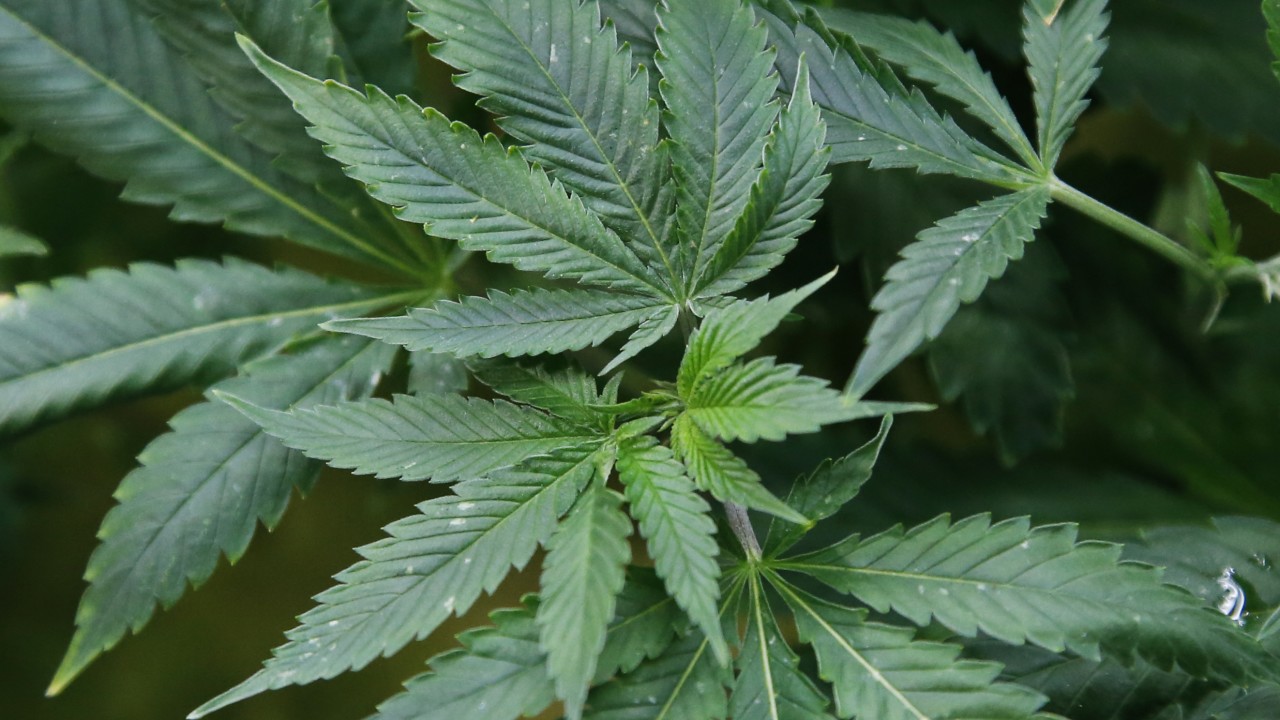
Talking to Teens About Marijuana
If you are the parent or legal guardian of a teenager, then you know how unrestrained and emotional they can be at this age. They are slowly becoming old enough to make their own decisions while still having much of their naivete as youths. This is a period for experimentation and self-discovery, and trying out drugs like marijuana may very well be part of it.
Perhaps you have also smoked cannabis in your teens and continue to do so as an adult. However, there were probably things that you wish you knew back then as a teen. While it is too late to go back, you can always set an example for your teen now by starting a conversation with them and keeping it as normal as possible.
- Reframe rehab as treatment instead of punishment. Sometimes, it may be too late to speak to your child about the negative effects of marijuana addiction if they have already formed an addictive habit with it. In this case, rehabilitation may be a better recourse to help them get over their addiction. Fortunately, there are a lot of clinics across the country, including Fort Myers drug rehab centers, that will offer you the help you need. However, an important aspect of getting them into rehab is to stress that they’re getting treatment for a disease.
One important aspect of talking to your teen about marijuana is to get rid of the stigma around addiction as something criminal. Making this clear is one way to make them open and cooperative to seeking treatment.
- Stress that marijuana is addictive and can have negative consequences. While no one has died from smoking too much weed, they may put themselves or others in harm’s way as an effect of doing so. It’s never good to drive while high or smoke marijuana while watching over someone’s child or pet, for example. Even with its popularity, marijuana addiction can be extremely destructive to young teens who are still attending school. Understanding the negative long-term effects of marijuana addiction and the excessive use of it at a young age can help you explain it better to your teen as well.
- Let them explain themselves. Remember what it was like when you were a teenager? Chances are, you didn’t like being lectured by your elders and often became more rebellious when you felt like you were misunderstood. Perhaps, you had valid points that you wanted to express too. Keep this in mind when talking to your teenage child about marijuana addiction. It’s supposed to be a conversation. So allow them to explain their opinions and views on marijuana use and ask them questions to help get a better understanding of their situation.
Even if a teenager may have a lot to say, they might not always be able to substantiate their claims. By choosing to hear them out, you effectively get them to reconsider their own views and do some self-reflection. Listening to them can help encourage them to be more receptive to what you’re saying and understand where you’re coming from. Moreover, they may also do their own research into marijuana addiction and come to learn more about its negative effects on their own.
- Start them young. Even if your child isn’t a teenager yet, talking to them about marijuana becomes easier if you’ve already spoken about it openly during their pre-teen years (7-12 years old). After all, they are generally more exposed to it these days because of social media, pop culture, and other forms of media. As their parent or guardian, it is your responsibility to make it a topic that is normal to talk about in your household.
- Be honest about your thoughts regarding marijuana. Regardless of how the media or your peers might frame marijuana use, what’s more important is what you think about it. Perhaps you believe that smoking marijuana from time to time is perfectly fine, just as long as it does not encourage the possibility of lifelong addiction. Moreover, you might also live in a state that may have specific laws regarding marijuana use, so make sure you take this into consideration as well.
One way to express your thoughts to your child or sibling is to say something like, “I think it’s alright to smoke weed sometimes because it does have benefits. But it’s also addictive and dangerous. I’d rather you do it sparingly and when you’re legally allowed to do so.” Being honest can minimize confusion and set healthy boundaries for you and your teenage child.
While times are certainly different from when you were a teenager, the social pressures and negative effects haven’t really changed when it comes to marijuana addiction. However, you can help guide your teenager through the world of cannabis by normalizing it in conversation and being open and understanding. By following these guidelines, you can set clear and healthy boundaries about marijuana use and safety with your teen. While you may not be able to control everything like you could when they were children, you can still be there for them to listen, offer support, and guide them if needed.







